E-commerce Management Solutions for Small Businesses
Tailored Services to Help Startups and SMEs Thrive Online”
In an era dominated by digital innovation, e-commerce has emerged as a paramount platform for small businesses aiming to expand their market presence. The transition from brick-and-mortar stores to online shopping platforms has unlocked a plethora of opportunities for startups and Small and Medium-sized Enterprises (SMEs) to reach a global audience. However, navigating the complex landscape of e-commerce requires a streamlined approach, as the success of an online business hinges not only on the products offered but also on the efficiency of its management processes. Tailored e-commerce management solutions provide the essential backbone for small businesses to thrive online, encompassing aspects from website development and digital marketing to payment processing and logistics. These services are designed to alleviate the challenges of managing an e-commerce operation, allowing business owners to focus on growth and customer satisfaction. As a result, startups and SMEs equipped with robust e-commerce management tools are better positioned to capitalize on the digital shopping revolution, driving sales and enhancing their brand’s online visibility.
Importance of E-commerce for Small Businesses

E-commerce has revolutionized the way small businesses operate, offering unprecedented opportunities to connect with customers globally. As traditional brick-and-mortar limitations dissolve in the digital world, small businesses gain access to a broader market with lower overhead costs. This digital expansion is especially crucial for startups and SMEs (Small and Medium-sized Enterprises), enabling them to compete in the global marketplace.
Benefits of E-commerce for Startups
Startups, characterized by their ambition to grow rapidly, find e-commerce particularly advantageous. First, it provides a platform to reach a vast audience without the need for a physical storefront, significantly reducing initial setup costs. Moreover, e-commerce platforms facilitate easy scaling, allowing startups to adjust their operations based on real-time analytics and customer feedback. Additionally, the ability to leverage digital marketing strategies, such as social media marketing and SEO (Search Engine Optimization), enables startups to effectively promote their brand and products, capturing the attention of a global audience.
Advantages for SMEs

For SMEs, transitioning into or expanding their e-commerce presence means not just survival but thriving in the digital age. Benefits include an enhanced ability to understand and meet customer needs through data analytics, resulting in improved customer satisfaction and loyalty. E-commerce also allows SMEs to streamline their sales processes with automated tools for inventory management, payment processing, and shipping, leading to operational efficiencies. Additionally, the flexibility to offer a wide range of products without physical space constraints enables SMEs to diversify their offerings and boost sales.
Common Challenges Faced by Small Businesses in E-commerce
Adapting to e-commerce, while beneficial, presents its own set of challenges for small businesses. Navigating these obstacles is crucial for successfully exploiting the digital marketplace’s potential.
Lack of Technical Expertise
One primary challenge is the lack of technical expertise. Building, managing, and maintaining an e-commerce website requires knowledge in web design, development, and digital marketing – areas where many small businesses may not have in-house expertise. This gap can lead to suboptimal website performance and user experience, directly impacting sales and customer satisfaction.
Limited Resources
Small businesses often operate with limited resources, including budget, manpower, and time. Allocating these scarce resources effectively among product development, marketing, customer service, and e-commerce operations can be a daunting task. Balancing expenditure on e-commerce technology and platforms with other business needs while ensuring a return on investment adds to the challenge.
Competition from Established Brands

Finally, the competition from established brands with strong online presences poses a significant hurdle. These competitors often have larger marketing budgets, more sophisticated e-commerce systems, and stronger brand recognition. Small businesses must find unique ways to differentiate themselves, such as offering niche products, personalizing customer experiences, or pioneering new e-commerce business models, to carve out a space in the competitive e-commerce landscape.
Tailored E-commerce Management Solutions
E-commerce management solutions for small businesses and startups need to be as unique as the brands themselves. With the digital landscape becoming increasingly competitive, it’s critical for these entities to adopt strategies that not only introduce them to the market but also sustain their growth. These solutions encompass a range of services, from website development to digital marketing, each tailored to the specific needs and goals of the business.
Customized Website Development

The first step to establishing a strong online presence is through a professionally designed e-commerce website. Customized website development goes beyond just aesthetics; it involves creating a user-friendly interface, optimizing site speed, and ensuring mobile responsiveness. For small businesses, this means working with developers who understand their unique brand identity and can translate that into a website that appeals to their target audience. Features like easy navigation, secure checkout processes, and intuitive design can significantly enhance user experience and foster brand loyalty.
Product Listing and Optimization
Once the website is set up, the next crucial step is product listing and optimization. This involves not just adding products to the website, but doing so in a way that enhances visibility and attractiveness. Professional e-commerce management solutions help businesses optimize their product descriptions with relevant keywords, high-quality images, and useful information like sizes, colors, and materials. This not only aids in better search engine ranking but also helps customers make informed purchasing decisions, reducing the rate of returns and increasing customer satisfaction.
Digital Marketing Strategies for Small Budgets

Digital marketing is the backbone of e-commerce success, but small businesses often operate on tight budgets. Tailored e-commerce management solutions identify the most cost-effective marketing channels for these businesses, focusing on strategies that offer the highest ROI. This can include search engine optimization (SEO) to improve organic search visibility, social media marketing tailored to engage with the brand’s specific audience, and email marketing campaigns designed to retain customers. Leveraging these tools effectively can help small businesses compete even in crowded markets, without necessitating large marketing expenditures.
Case Studies: Successful Implementation of E-commerce Solutions
Success stories of small businesses that have thrived through tailored e-commerce management solutions can serve as powerful testimonials for the effectiveness of these strategies.
Startup A: From Zero Online Presence to Exponential Sales Growth
Startup A launched with no prior online presence and faced the daunting task of establishing its brand in a competitive niche. Through a partnership with an e-commerce management service specializing in startups, they developed a custom website that highlighted their unique selling proposition. By optimizing their product listings and implementing a focused SEO and social media marketing strategy, they were able to significantly increase their online visibility. Within the first year, Startup A saw an exponential growth in sales, crediting their success to the tailored e-commerce strategies implemented.
SME B: Navigating Market Competition with Tailored E-commerce Management
SME B entered the market with several direct competitors. The challenge was not just to introduce their brand, but to differentiate it from existing options. The tailored e-commerce management solutions provided included a comprehensive analysis of the competitive landscape, resulting in a unique brand positioning strategy. By focusing on their niche market and employing targeted digital marketing strategies, SME B improved its market share. Continuous optimization of their e-commerce processes, from the user experience on their website to personalized customer service, led to increased customer satisfaction and loyalty. Their journey highlights how tailored strategies can enable businesses to navigate through competitive markets successfully.
Choosing the Right E-commerce Management Partner

When embarking on an online business journey, one of the pivotal decisions you will make is selecting an e-commerce management partner. This choice can significantly influence your startup’s trajectory or your small-to-medium enterprise’s growth. Given the plethora of options available, it’s crucial to approach this decision with a well-defined set of criteria in mind.
Factors to Consider
Several critical factors come into play when choosing a partner for your e-commerce venture. The first is the provider’s understanding and experience within your industry. This ensures that they are familiar with the challenges and opportunities specific to your market. Next, consider the range of services they offer. An ideal e-commerce management partner should offer a holistic suite of solutions, from site design and functionality to payment processing and security. Another vital factor is scalability. As your business grows, your e-commerce platform needs to keep pace, so choose a partner that can accommodate that growth. Finally, evaluate their customer support practices; responsive, proactive customer service is essential for addressing any issues that arise swiftly.
Questions to Ask Before Selecting a Service Provider
Before finalizing your e-commerce management partner, here are some essential questions to ask:
– What experience do you have in my industry or niche?
– Can you provide examples of your success stories?
– What e-commerce platforms do you specialize in?
– How do you handle security and data protection?
– What is your approach to e-commerce SEO and digital marketing?
– How scalable are your solutions?
– Can you detail your customer support process?
These questions can help you gauge whether the provider aligns with your business goals and operational style.
Implementing E-commerce Solutions: Best Practices for Small Businesses

Once you’ve selected an e-commerce management partner, the next step is to implement solutions in a way that sets your business up for online success. Here are some best practices to follow.
Setting Realistic Goals
Start by setting clear, realistic goals for your e-commerce initiative. Whether it’s achieving a specific sales target, expanding your product range, or growing your customer base, having well-defined objectives helps direct your efforts and measure success. Ensure these goals are Specific, Measurable, Achievable, Relevant, and Time-bound (SMART).
Monitoring Performance Metrics

Keeping a close eye on your e-commerce performance metrics is crucial. This entails regularly reviewing sales data, website traffic statistics, conversion rates, average order value, and customer retention rates. These metrics offer invaluable insights into what’s working and what isn’t, allowing you to make data-driven decisions.
Adapting Strategies for Growth
The e-commerce landscape is constantly evolving, influenced by changing consumer behaviors, technological advancements, and competitive dynamics. To thrive, your business must remain agile, ready to adapt its strategies based on performance data and market trends. This could mean diversifying your product range, optimizing your site for mobile users (m-commerce), refining your digital marketing campaigns, or exploring new e-commerce marketplaces. By staying flexible and responsive, you position your business to capitalize on new opportunities and navigate challenges effectively.
Conclusion
In today’s increasingly digital economy, e-commerce offers small businesses and startups a vibrant platform to sell their goods and services directly to consumers around the globe. The right e-commerce management solutions can help these entities not only to establish their online presence but also to thrive in a competitive market. Tailored services, which range from website design and digital marketing strategies to logistics and customer service, provide a foundation for success online.
The key to leveraging these solutions lies in understanding your specific business needs, whether that means prioritizing e-commerce SEO to drive website traffic, focusing on social media marketing to engage with your target audience, or streamlining your e-commerce fulfillment process for better efficiency. By staying informed about e-commerce trends and continuously optimizing every facet of your online business—from your e-commerce platform and payment gateways to your security measures—you can significantly enhance your online shopping experience, customer satisfaction, and ultimately, your sales and revenue.
For small businesses and startups, the journey into e-commerce can be challenging, but it is also full of opportunities. Embracing tailored e-commerce management solutions equips you with the tools necessary to overcome challenges, seize opportunities, and achieve a sustainable competitive advantage in the digital marketplace.









